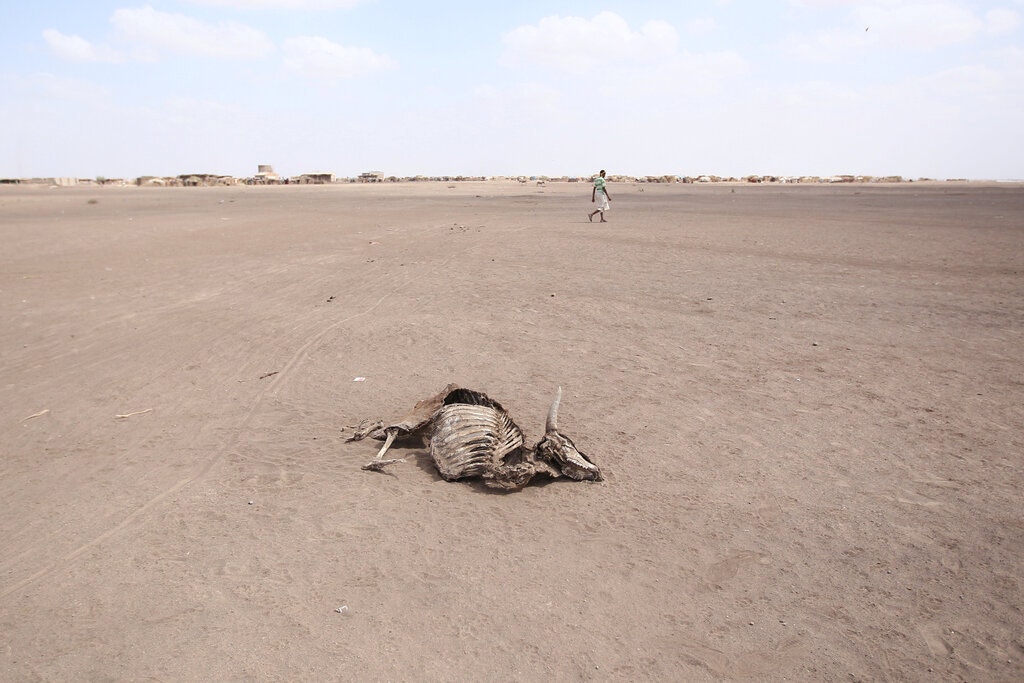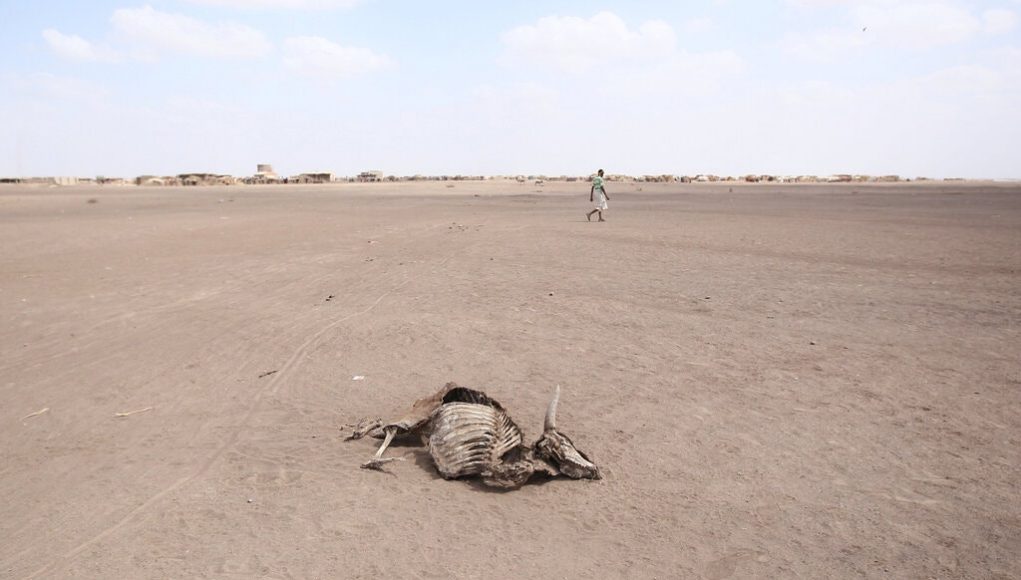(Singapore, July 23, 2020) A team of international researchers have sharply narrowed the range of temperature increase to between 2.6 and 4.1 degrees Celsius, sending new alarms of the global climate crisis.
The findings, published on Wednesday in the journal Reviews of Geophysics, narrowed the range of temperatures considerably and shifted it toward warmer outcomes.
For more than 40 years before this report, scientists had expressed the answer as a range of possible temperature increases, between 1.5 and 4.5 degrees Celsius, that will result from carbon dioxide levels doubling from preindustrial times.

Steven Sherwood, a climate scientist at the University of New South Wales in Sydney, Australia, and an author of the new report told Wall Street Journal that the group’s research suggested that these temperature shifts, which are referred to as “climate sensitivity” because they reflect how sensitive the planet is to rising carbon dioxide levels, are now unlikely below the low end of the range.
The research also suggests that the “alarmingly high sensitivities” of 5 degrees Celsius or higher are less likely, though they are “not impossible,” Dr. Sherwood said.
What remains, however, is still an array of effects that mean worldwide disaster if emissions are not sharply reduced in the coming years.
Masahiro Watanabe, a professor in the atmosphere and ocean research institute at the University of Tokyo and an author of the report, said that determining an accurate range of temperatures was critically important for international efforts to address global warming, like the Paris climate agreement, and for mitigating the effects of climate change.
Scientists noted that the Earth’s temperature is already about 1.2 degrees Celsius above preindustrial levels, and that, if current emissions trends continue, the doubling of atmospheric carbon dioxide could happen well before the end of this century.





































